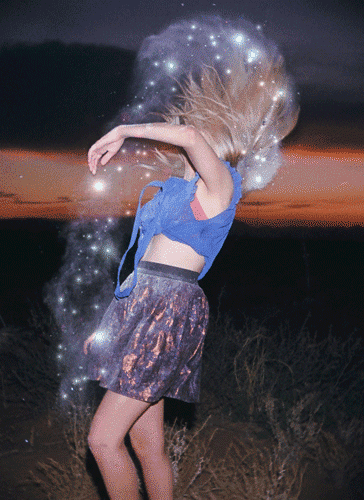I was listening to the Guardian’s Science Weekly podcast, and I heard Mo Costandi mention that people’s perceptions of what they’re reading are affected by its physical characteristics, including weight. My ears pricked up at that because I was complaining about large-format paperbacks on this blog just the other day.
So I asked him for details over Twitter, and he pointed me to this article he wrote in June. It’s full of odd results, but the most relevant one is this. I’ll quote the whole paragraph, rather than trying to summarise it:
In the first experiment, 54 passersby were asked to evaluate a job candidate on the basis of a CV attached to either a light (0.34 kg) or a heavy (2 kg) clipboard. Those given the CV on the heavier clipboard generally rated the candidate as being better and having a more serious interest in the position than those given the lighter clipboard, even though the CVs used in both cases were identical. Those given the heavy clipboard also rated their accuracy on the task as more important than those given the lighter one, but did not report putting more effort into it. They did not, however, rate the candidate as more likely to get along with co-workers. This suggests that the weight cue affected their impressions of the candidate’s performance and seriousness, but not the irrelevant trait of social likeability, and that the observed effects were not due their perception of their own actions.
So physical weight is apparently makes the reader attribute seriousness and quality to what they’re reading — at least in a CV. You can see why a publisher might want to get some of that action. Particularly a university press publishing a literary novel which they are asserting deserves to be considered a classic.
But it makes you wonder what other effects the extra weight might have: does it make a novel more or less funny? Does it makes the characters more or less likeable? What does it do to the prose style? Or the plotting?
Such speculation aside… I actually wonder whether it’s unambiguously positive to be perceived as more serious, even for a literary novel about important subjects. I mean, I like novels to be more literary rather than less and I’m not intimidated by big fat books, but I still find that serious literature requires a degree of concentration and discipline, even for a book you’re enjoying and reading for pleasure. Anything that emphasises the literature-as-Serious-Business aspect is only going to make it more likely that reading starts to feel like a chore.
